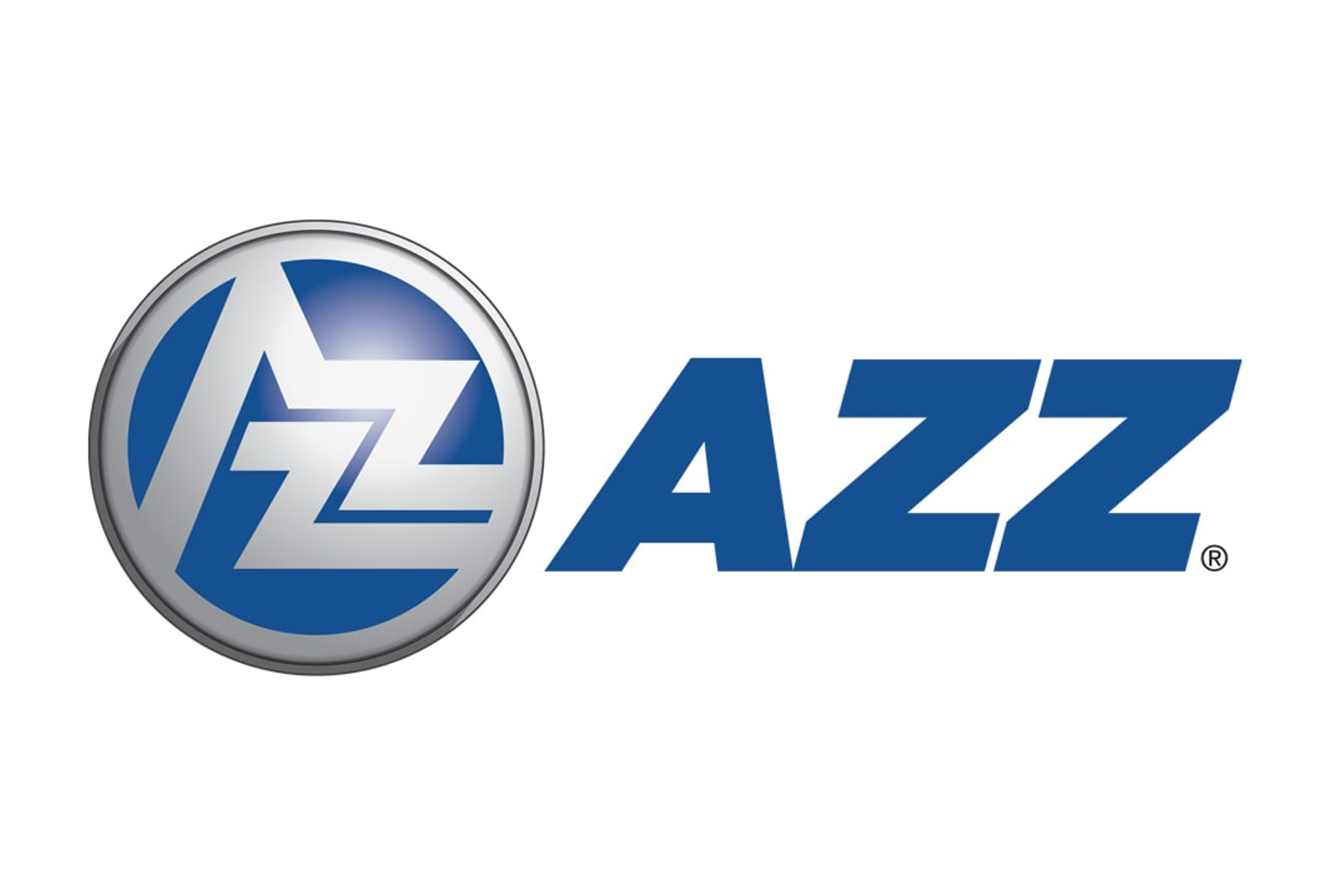Distributors/Service Centers

February 13, 2020
Volatile Steel Prices Hurt Russel’s Results in 2019
Written by Tim Triplett
Russel Metals has remained profitable despite wild swings in steel prices caused by U.S. tariffs, coupled with weak energy prices and declining rig counts. The Canadian distributor reported net income of $77 million on revenues of $3.7 billion in full-year 2019. Results were down significantly from the prior year when the company saw a profit of $219 million on sales of $4.2 billion (figures are Canadian dollars).
“During 2019, our operations turned in a solid performance in what proved to a be a challenging year where trade actions that had dramatically increased steel prices in 2018 were reversed in mid-2019 leading to selling prices that were lower than in 2017. Certain of our operations had stellar years, particularly Wirth Steel, Comco Pipe and Color Steels, which reported stronger results than 2018. During the year, we emphasized working capital management and generated $250 million in cash from operating activities. Looking forward to 2020, there has been a modest increase in pricing and consistent demand,” said Russel President and CEO John G. Reid, during the company’s conference call this week with analysts and investors.
Revenues in Russel’s service center business decreased 21 percent to $412 million for the quarter compared to the same period in 2018. Tons shipped decreased 7 percent and the average selling price decreased 15 percent. Gross margin declined to 18.8 percent from 20.9 percent quarter over quarter. Operating profits of $9 million were 69 percent lower than the $28 million reported in the same quarter in 2018.
Revenues in Russel’s energy products segment decreased 21 percent to $343 million compared to $432 million in the 2018 fourth quarter due to reduced demand and a non-recurring line pipe project in 2018. Gross margin as a percentage of revenues decreased to 11.4 percent compared to 17.8 percent in the same quarter last year. The energy products segment had a fourth-quarter operating loss of $2 million compared to an operating profit of $33 million last year.
Revenues in Russel’s steel distributors segment decreased by 49 percent to $81 million compared to $157 million in the 2018 fourth quarter due to lower steel prices and reduced demand in the U.S. operation. Gross margins as a percentage of revenues declined to 3.6 percent from 13.3 percent. The steel distributors segment reported an operating loss of $3 million compared to an operating profit of $11 million in the 2018 fourth quarter.
“In the fourth quarter of 2019, we completed the acquisition of City Pipe consistent with our strategy to grow our oilfield store operations,” Reid said. “City Pipe and Apex Remington have merged to form Elite Supply Partners. We expect Elite Supply Partners to have revenues in excess of $300 million in 2020 and look forward to the success and growth of the combined operation.”
Construction and manufacturing in Eastern Canada have been pretty strong, while the timber, oil and gas, and agriculture industries in Western Canada have been slow, Reid reported. “It’s kind of a tale of two hats for Canada. The U.S. has been very steady and solid for our business in the service centers.”
Reid attributes the big swings in steel prices to U.S. trade policies. “The volatility that we saw in pricing was not really demand driven, but more due to Section 232 and the political arena,” he said.
Russel sees a growing competitive challenge from steel producers. “You now have more mills going direct, starting to tiptoe around that phrase. We’re seeing as much inventory on the ground at the mills as we are on the distribution side of the business. So, the supply chain has definitely been disrupted, and we think there may be a structural change.”
Toronto-based Russel Metals is one of the largest metals distribution companies in North America, with operations on both sides of the border in three segments: metals service centers, energy products and steel distributors.







